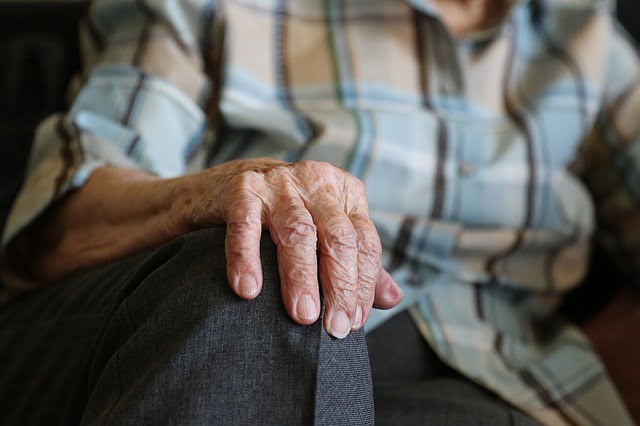Humans speak by making use of specialized muscles in their lips, tongues, voice box, and throat.
Because Parkinson’s disease weakens muscle control, communicating with Parkinson’s patients can become difficult as these muscles deteriorate. As Parkinson’s progresses, patients can develop slurred speech and chronic hoarseness. Even writing or typing may become challenging, as tremors and muscle stiffness wrack the person’s body.
Caregivers can play a critical role in helping a person with Parkinson’s disease deal with communication difficulties. It will require some patience, but there are ways to make it easier for a person to get their point across despite Parkinson’s disease. Caregivers can also assist with speech therapy designed to help the person deal with the effects of the disease.
Parkinson’s Disease: Helping With Communication
Caregivers can use a number of helpful strategies when communicating with a person who experiences speech problems due to Parkinson’s disease. Try:
- Sitting face-to-face. This will allow you to maximize verbal and non-verbal communication to enhance your understanding of what the person is trying to say.
- Keeping questions basic. “The caregiver should not ask questions that require elaborate responses,” notes Linda Pituch, a patient services manager for the Parkinson’s Disease Foundation. “Ask questions that can be answered in simple ways, with very little elaboration.”
- Encouraging your loved one to speak slowly and carefully.”Teaching the person to talk slowly is very important,” Pituch says. Keep in mind that the person may also need extra time to process information and respond appropriately.
- Following up if you only understand part of a statement. Don’t be shy about asking your loved one to clarify a statement. For example, you may understand that the person wants you to go to the store for them, but you may not get the rest of the sentence. Follow up with pointed questions like: “What would you like me to get you at the store?” or “Which store are we talking about?”
- Being creative. Work with your friend or family member with Parkinson’s disease to develop shorthand verbal and nonverbal codes that will help get the point across, particularly regarding common subjects. “Sometimes people will use pictures or gestures to better express what they are saying,” Pituch notes.
- Limiting distractions. When speaking with your loved one, turn off the television and minimize background distractions as much as possible. If you’re having guests over, try to only invite small groups and encourage one-on-one conversations with your friend or family member who has Parkinson’s disease.
Parkinson’s Disease: Speech Therapy
Parkinson’s disease interferes with the entire speech process. It weakens muscles in the mouth, lips, tongue, and diaphragm. Even facial expressions and nonverbal communication may become limited by progressive facial-muscle stiffening.
Speech therapy can help a person with Parkinson’s disease maintain and even regain communication skills lost to muscle weakness. Due to the effects of the disease, the person may no longer be able to speak in the same way, but a speech pathologist or therapist can teach specific strategies that make communication easier.
As a caregiver, you can actively help with speech therapy in several ways. Start by asking your loved one’s doctor for a referral to a speech therapist as soon as you notice any changes in the way your loved one speaks. You can also help the person with speech therapy exercises at home. The sooner treatment begins, the better.
Communication with your loved one does not have to stop because they have Parkinson’s disease. You may just have to make a few adjustments, be willing to help with exercises and be patient. But knowing what your loved one wants to say – or what she needs – will make it worth the effort.
Story via Everyday Health
Contact Friendly Faces Senior Care, experts in senior care Houston and the surrounding areas trust most, for more tips on communicating with Parkinson’s patients or to learn about how we can help care for your loved ones.

